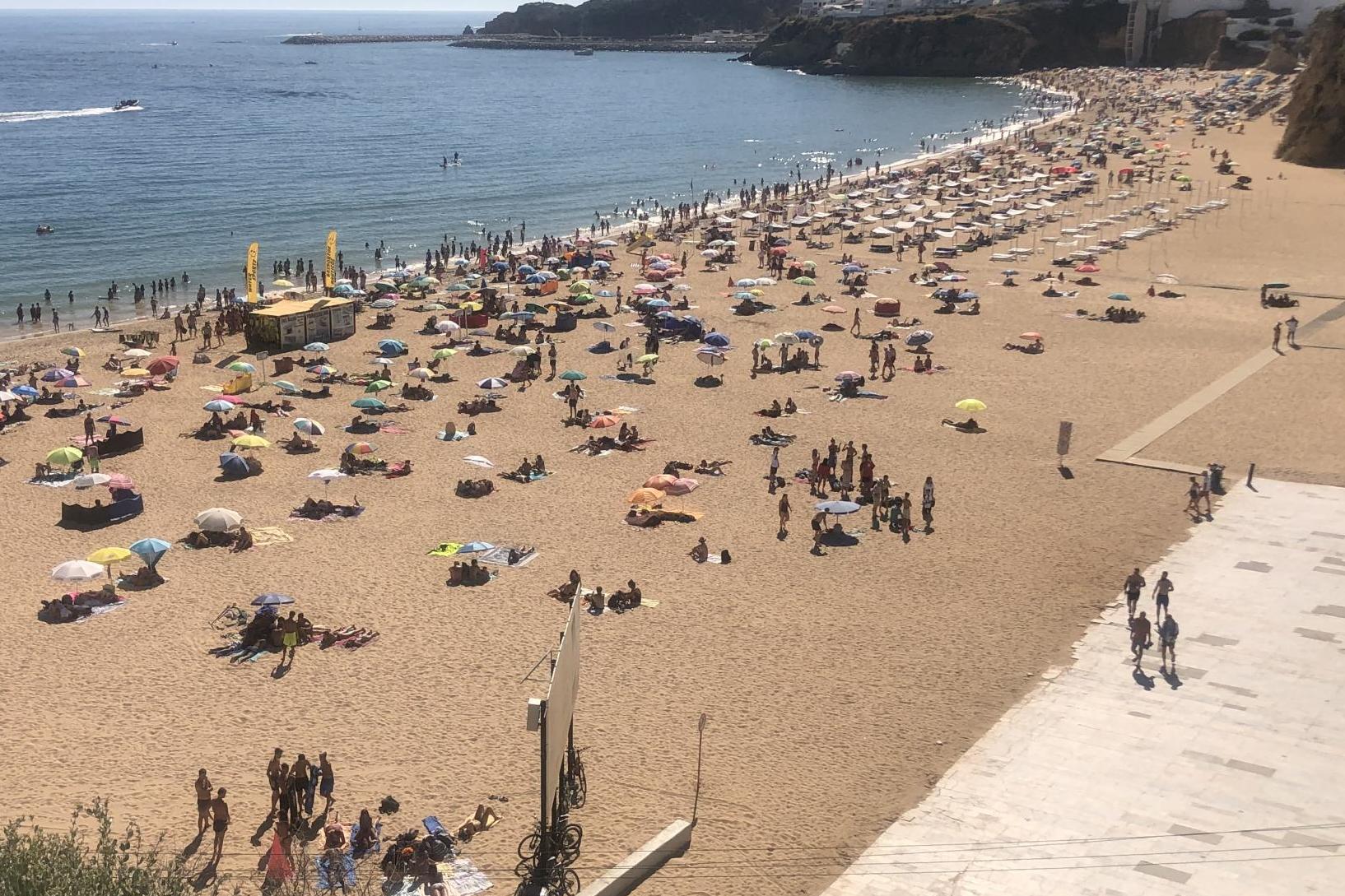Quarantine: Will Portugal and Greece go back on the 'high-risk' list?
Latest figures show Portugal's coronavirus cases rise significantly above UK threshold, while travel industry fears Greece may also face health-protection measures

Your support helps us to tell the story
From reproductive rights to climate change to Big Tech, The Independent is on the ground when the story is developing. Whether it's investigating the financials of Elon Musk's pro-Trump PAC or producing our latest documentary, 'The A Word', which shines a light on the American women fighting for reproductive rights, we know how important it is to parse out the facts from the messaging.
At such a critical moment in US history, we need reporters on the ground. Your donation allows us to keep sending journalists to speak to both sides of the story.
The Independent is trusted by Americans across the entire political spectrum. And unlike many other quality news outlets, we choose not to lock Americans out of our reporting and analysis with paywalls. We believe quality journalism should be available to everyone, paid for by those who can afford it.
Your support makes all the difference.British holidaymakers in Portugal are waiting anxiously to hear whether the country will be added to the list of countries regarded as “unacceptably high risk” because of an increase in coronavirus cases.
And after Scotland and Wales imposed measures on holidaymakers returning from Greece, there are also concerns that the Mediterranean nation could be added to the UK’s quarantine list.
Portugal was moved to the low-risk category just two weeks ago, after five months on the government’s “no-go” list.
The Foreign Office stopped warning against travel to the country, while the obligation for two weeks of self-isolation for arrivals from Portugal ended on 22 August.
But since then, the number of new coronavirus infections per 100,000 residents has steadily increased.
The UK government sets a threshold of 20 new cases over a seven-day spell. The current UK rate is just under 15.
The latest infection figures, just released by the European Centre for Disease Prevention and Control (ECDC), show that Portugal had 390 new cases in the previous 24 hours – the highest number for five days, and pushing the rate to 23.
Earlier this week, the British ambassador to Portugal tweeted: “Travellers should consider their plans carefully and factor in the risks of travelling abroad in this fast-moving situation.
“Only travel if you are content to unexpectedly quarantine if required.”
The Cabinet minister, Therese Coffey, reiterated the warning on Wednesday, saying: “I’m conscious that some people may have gone briefly abroad, but they will have done that knowing the risks that things might change.”
The current convention is that the transport secretary, Grant Shapps, tweets additions, and the occasional subtraction, to the list each Thursday evening. Quarantine comes into effect at 4am the following Saturday, giving travellers around 35 hours to get home to avoid self-isolation.
An estimated 20,000 British holidaymakers are on the Algarve, with thousands more in Lisbon and on the islands of Madeira and the Azores.
Many have booked earlier flights home as a precaution and fares have soared as a result. The last seats on a Friday afternoon flight from Faro to Manchester were sold for £556 one way.
Meanwhile, the Welsh government now requires arrivals from the island of Zante to self-isolate for two weeks, while Scottish residents returning from anywhere in Greece are obliged to quarantine.
Sharon Macdonald said: “I’m absolutely gutted. I’m meant to fly to Corfu tomorrow from Scotland and now we can’t as Scotland has put Greece on the quarantine list, so I risk getting no pay for two weeks
Mark Gardiner, a Glaswegian on holiday in Rhodes, told BBC Breakfast: “I’m going from a country with a lower [infection] rate than the country I’m going back to, but I have to self-isolate.
“It doesn’t make any sense to me.”
Greece, which has a near-identical population to Portugal, recorded 233 new infections in 24 hours – but remains comfortably below the UK government’s threshold of 20.
The aviation industry has renewed calls for testing on arrival to be allowed to reduce the extent of quarantine.
A spokesperson for the Department for Transport said: “While protecting public health remains our priority, we are working closely with experts to keep our approach to quarantine under constant review.”
Bulgaria’s rate has fallen to 10, but the Balkan nation is still on the no-go list.
Join our commenting forum
Join thought-provoking conversations, follow other Independent readers and see their replies
Comments